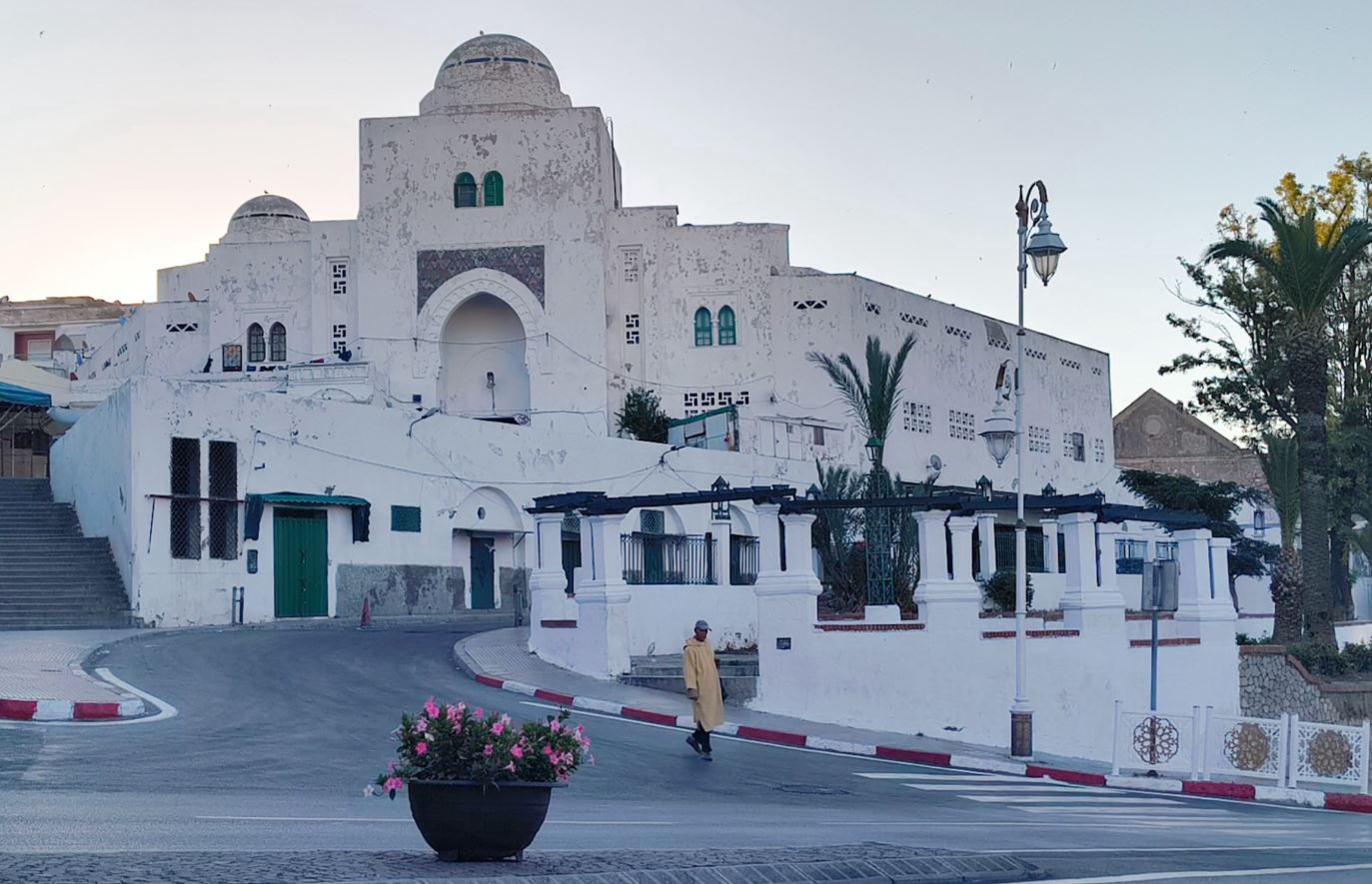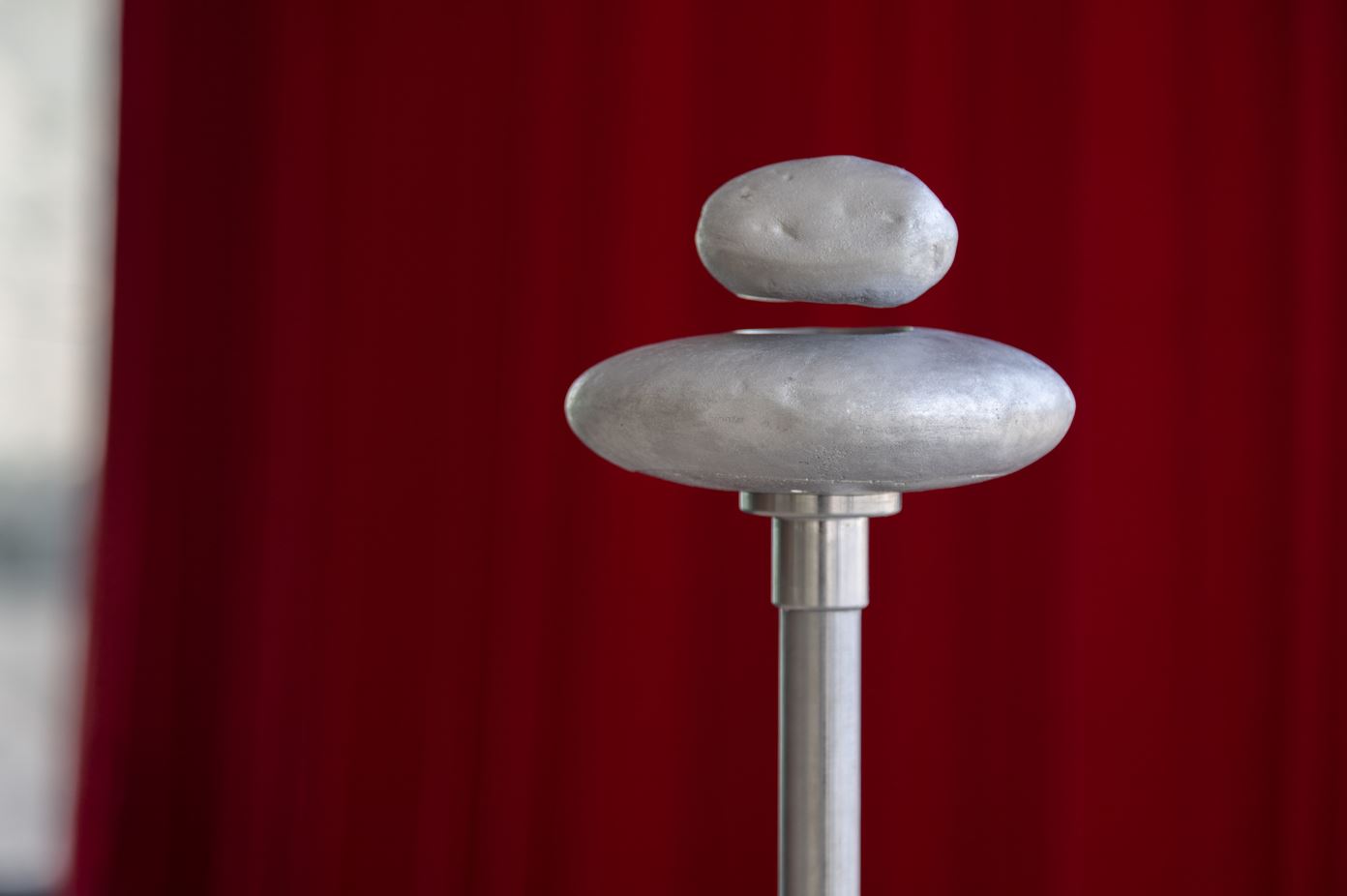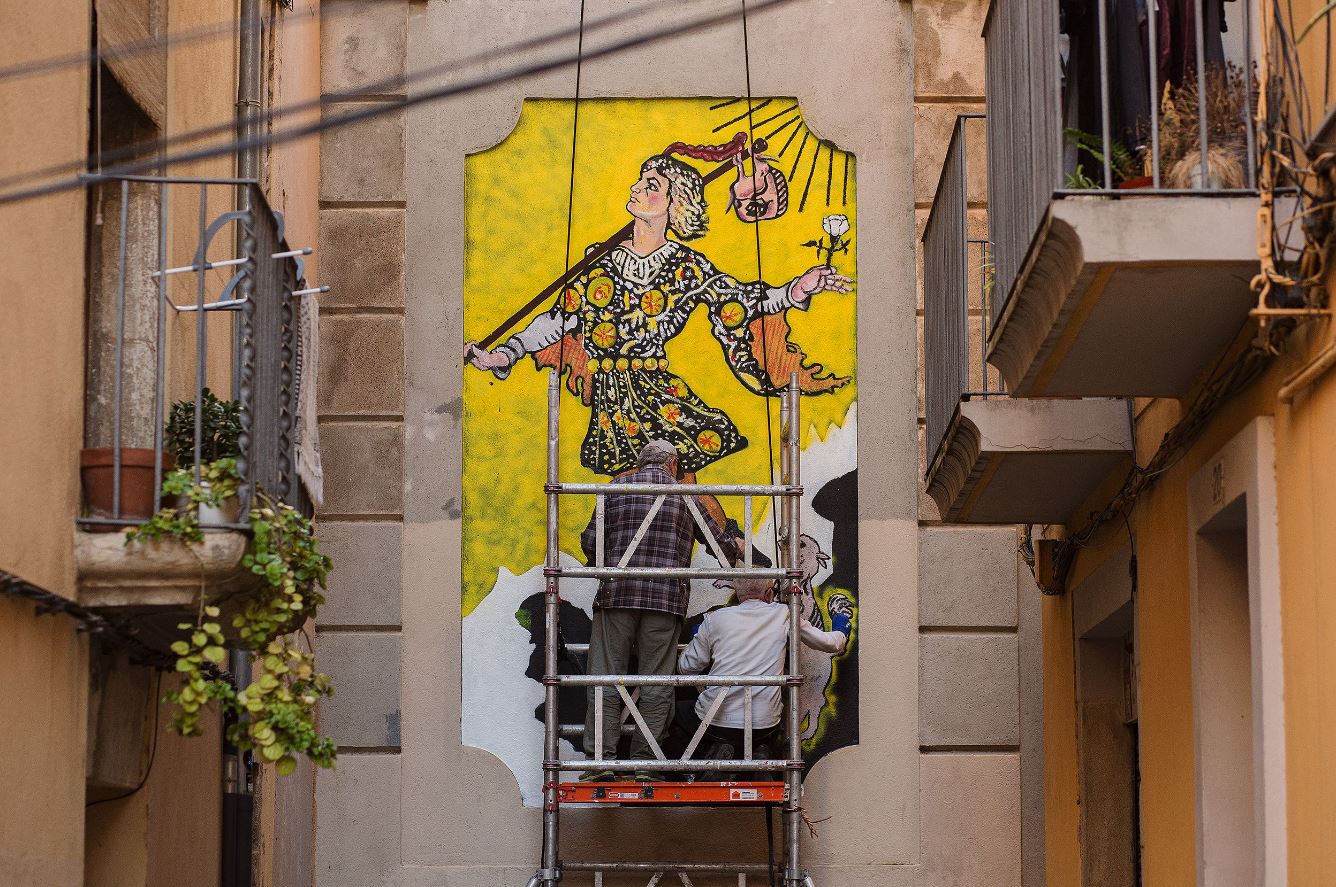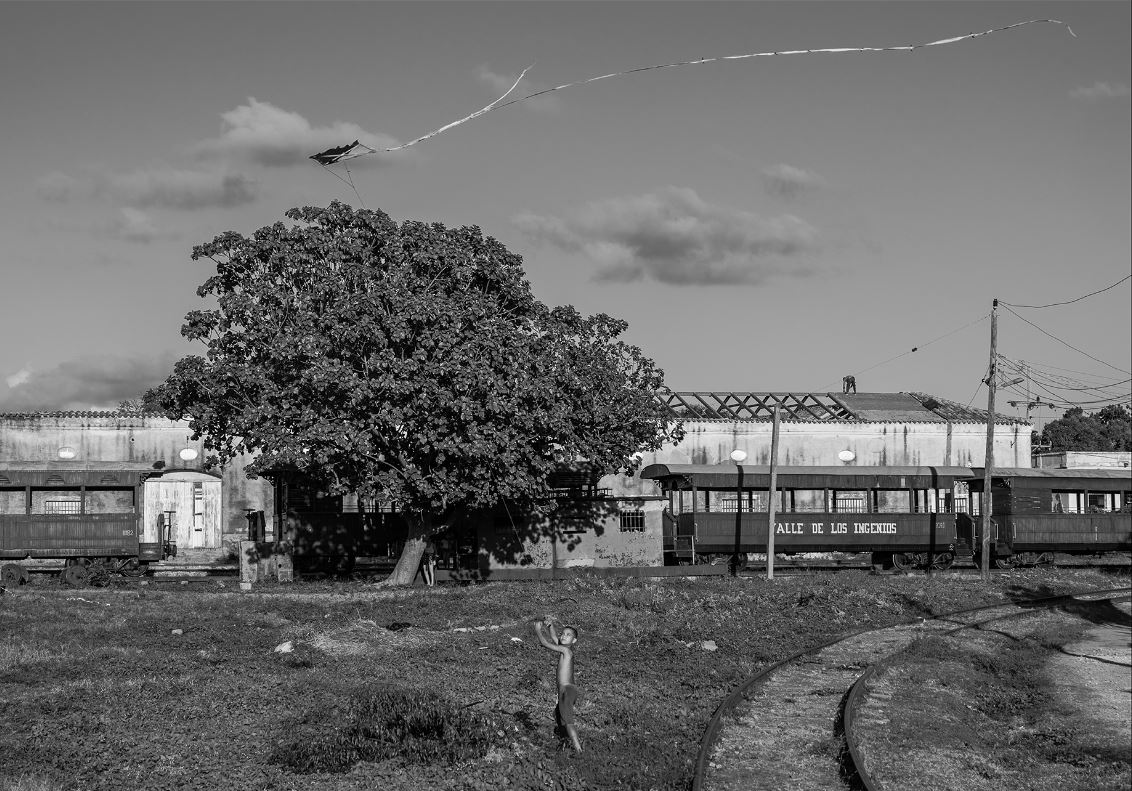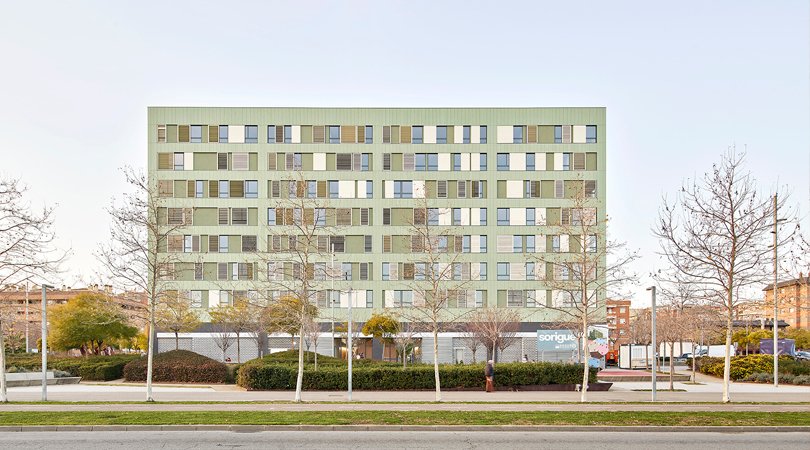contests
SCAN Tarragona: the cities
Contemporary photography returns to Tarragona with a new edition that addresses current challenges,
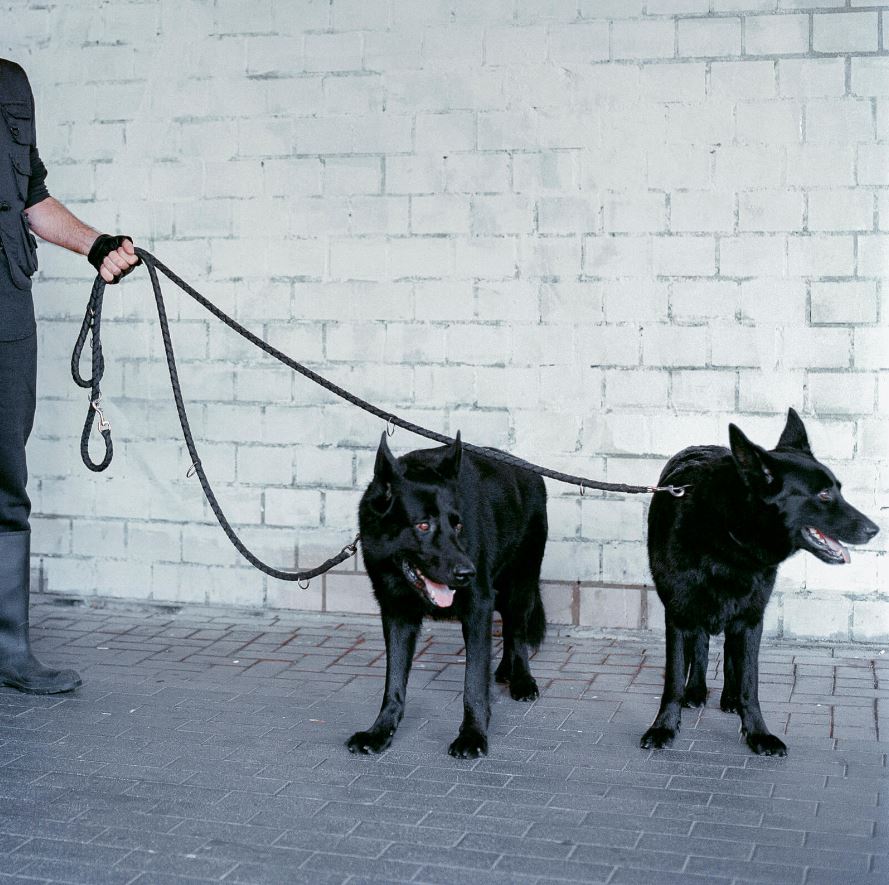
The International Festival of Photography SCAN Tarragona arrives strongly in its eleventh edition, consolidating itself as a benchmark for contemporary photography in the Mediterranean area. From last weekend until December 15, Tarragona and nearby municipalities such as Reus and Els Pallaresos will host nearly fifty activities, bringing together a hundred artists and experts in various cultural spaces.
With the city as the central axis under the theme "URBS" , the festival offers a deep reflection on urban growth and the challenges it poses in the current context. Tarragona, with its past as one of the first large cities of the Roman Empire outside of Rome, presents itself as the ideal setting for this debate, while SCAN invites us to reconsider the role of cities in a world where it is predicted that two-thirds of the world's population will live in urban areas by the end of the 21st century. The subject makes it possible to connect with contemporary problems such as sustainability, gentrification and migrations, addressing the urban environment from a social, cultural, urbanistic and historical perspective.
Since the beginning of the festival, the commitment to emerging photography has been central, offering artists a unique platform and encouraging fresh visions enriched by a global visual culture. These new perspectives include the combination of photography with other disciplines, such as painting or audiovisual media, reflecting the evolution and hybridization of photographic art.
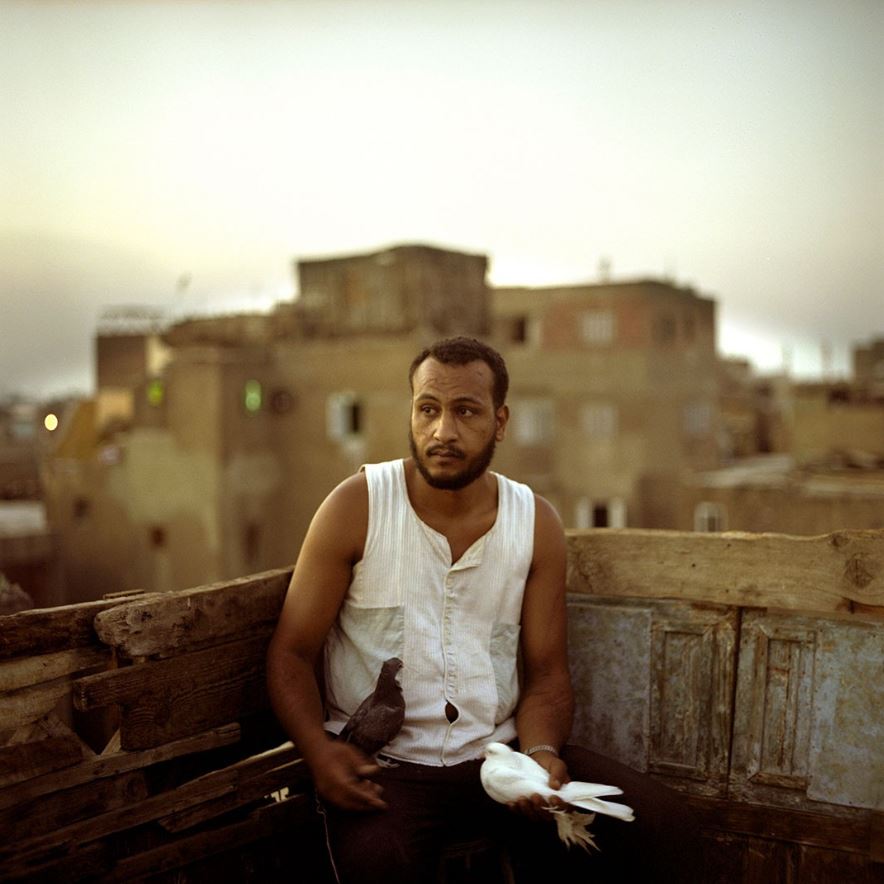
The central exhibition of SCAN 2023, 'The city revealed. Explorations on urban space', offers a critical and innovative look at urban environments through the work of nine emerging international photographers, curated by Érika Goyarrola. The exhibition, which is part of the Talent Latent programme, addresses issues such as the housing crisis, urban transformations, ecology and the aftermath of war conflicts.
Shelter 1 of the Port of Tarragona hosts 'Daídalos / Δαίδαλος', an exhibition curated by Xavier de Luca and Houari Bouchenak (Jiser Reflexions Mediterrànies) that treats the city as a hermetic space of control but also of resistance. This exhibition brings together the vision of artists from southern Europe and the Middle East.
Among the most unique proposals, we must highlight the photography book exhibition 'PHOTOBOOKS SCAN - The possible is also reality' at the Museum of Modern Art in Tarragona, curated by Natasha Christia, as well as 'Intermezzo III: Call·lípolis', with images by Gerard Boyer and curated by Arianna Rinaldo. You can also enjoy Mar Sáez's solo exhibition at the Personal Gallery and Jaume Cardona Casanova's 'Vestigio silentio' in the lobby of the bus station, known as the KM0 Station. In addition, the spaces of the Tarragona Library and the Pepita Ferrer Library will host BiblioScan, book exhibitions focused on photography.
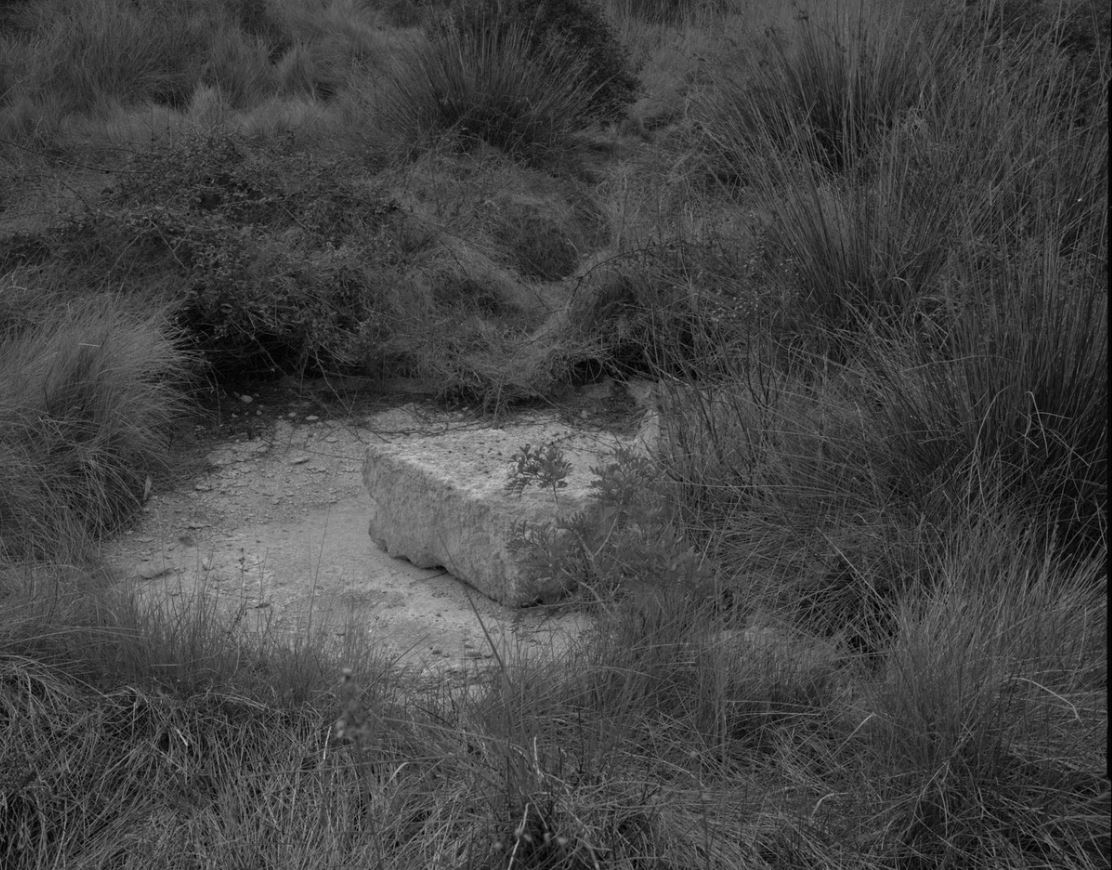
In this edition, one of the notable novelties is that the festival expands its presence in Reus, where you can also see exhibitions such as 'Sentimental Architectures' by Ro Caminal at the Salvador Vilaseca Museum, or 'Global Silence' by Pepo Argilaguet at El Círcol , curated by Màrius Domingo. On the other hand, in El Párquing d'Els Pallaresos, it will host the work of Paula Fujiwara.
Among the most special initiatives of the festival, the 2nd L'Arxiu Residency stands out, where the photographer Lucas Monparler will develop an artistic proposal based on the collections of the Tarragona Archive. A new season of the Úcul podcast, directed by Alexandra Laudo and supported by BBVA, will also be launched, which will include five episodes with conversations about current photographic issues. Finally, number 2 of the author magazine BLOC is published, entitled 'Fer volar coloms', by Irena Visa and in collaboration with the MNAT, to promote the archaeological heritage of Tarragona from a contemporary perspective .
Beyond the exhibition program, the festival promotes activities such as the SCAN routes and workshops in the neighborhoods to bring photography closer to everyone, from a learning perspective. After more than a decade, the festival has established itself as the oldest in Catalonia and a benchmark at national and international level, valued for the quality of its proposal and for its constant support for new creators.
